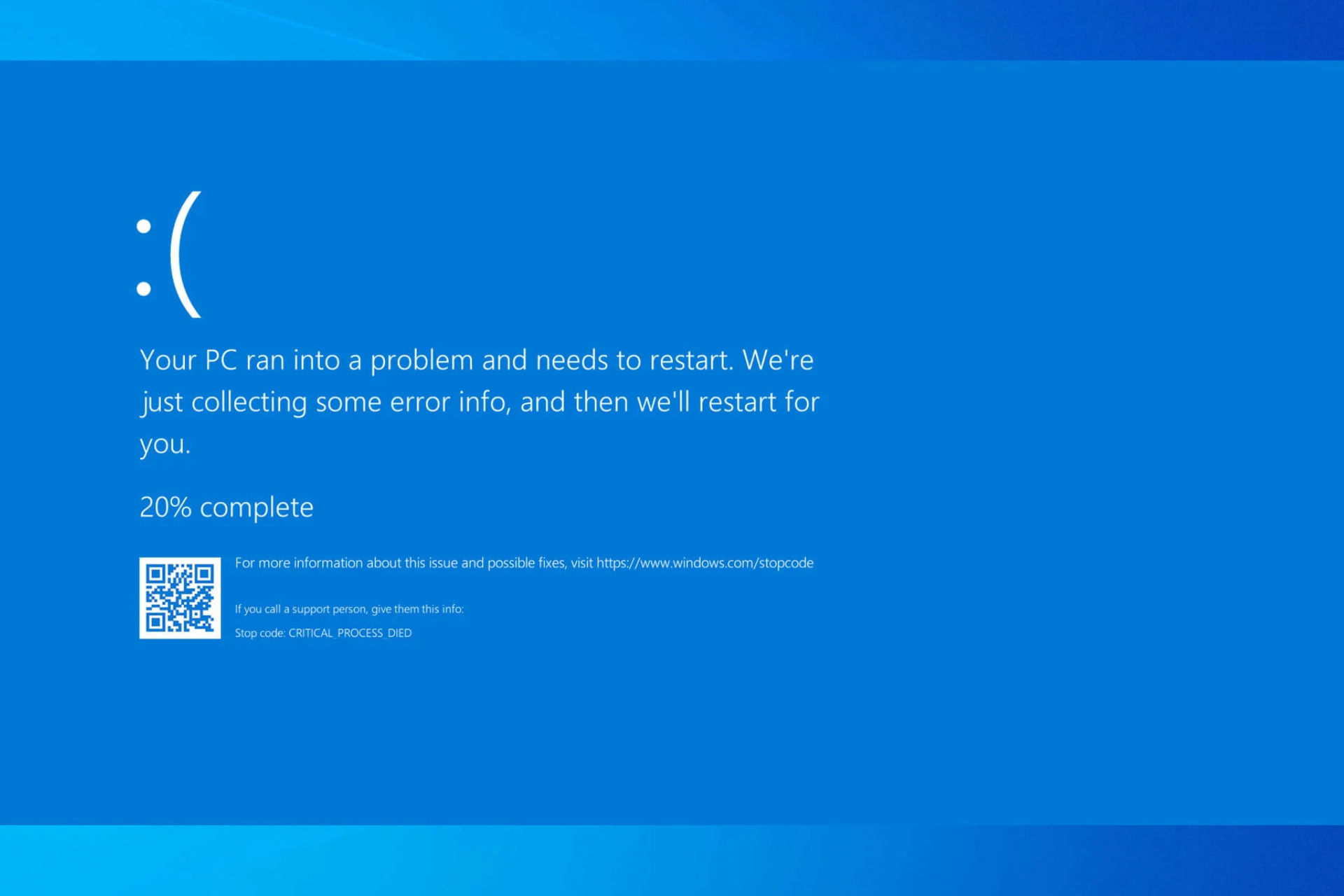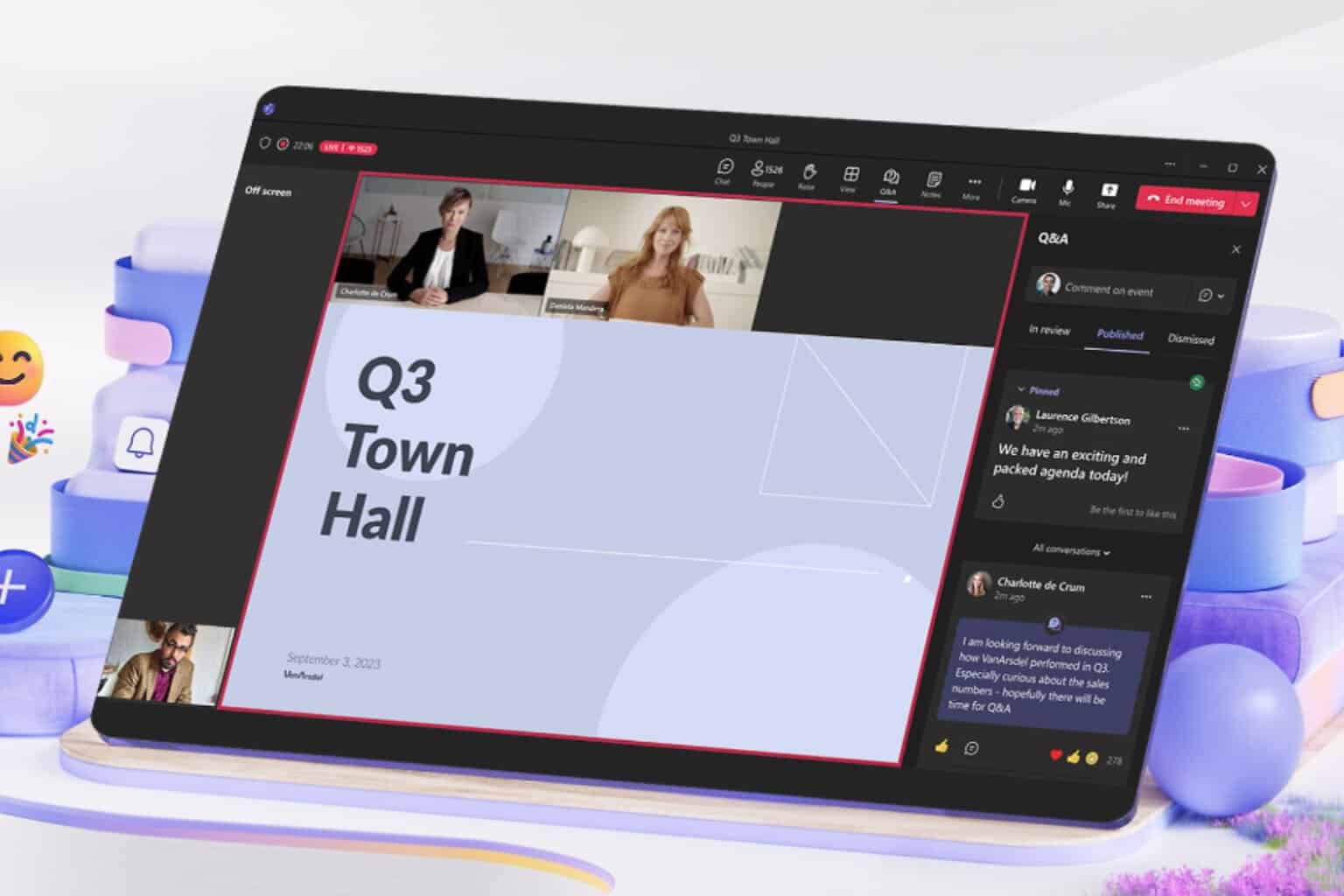Microsoft clarifies policy on “changing browsing experience” – enforcement begins May 2nd
2 min. read
Published on
Read our disclosure page to find out how can you help Windows Report sustain the editorial team. Read more

Microsoft has published a new post on its TechNet blog to clarify what’s considered, following the company’s newest browser modifier policy update, as “change browsing experience”. The clarification is reportedly in response to software distributors and the monetization industry.
As a quick recap, Microsoft updated its browser modifier policy last month to broaden the scope of the evaluation criteria for adding programs to the definition library and further protect users from malware. Below is the full extended text.
Programs that change the user browsing experience must only use the browsers’ supported extensibility model for installation, execution, disabling and removal. Browsers without supported extensibility models will be considered non-extensible.
In today’s post, Microsoft clarifies programs that changes browsing experience to be programs that modify the content of webpages in any way by inserting new content or changing existing ones, making webpages look differently from before these programs are installed. Programs that do not do this, for example VPNs, parental control programs, will not be affected.
Those that do fall under the “changing browser experience” category, however, will be required to use the browsers’ extensibility models. This means that they will have to ask for user’s permission to be enabled using consistent, straightforward language and placement. All in all, this is a great step from Microsoft towards giving customer choices and controls to their browsing experience, and a good preparation for the upcoming Edge extensions.








User forum
0 messages